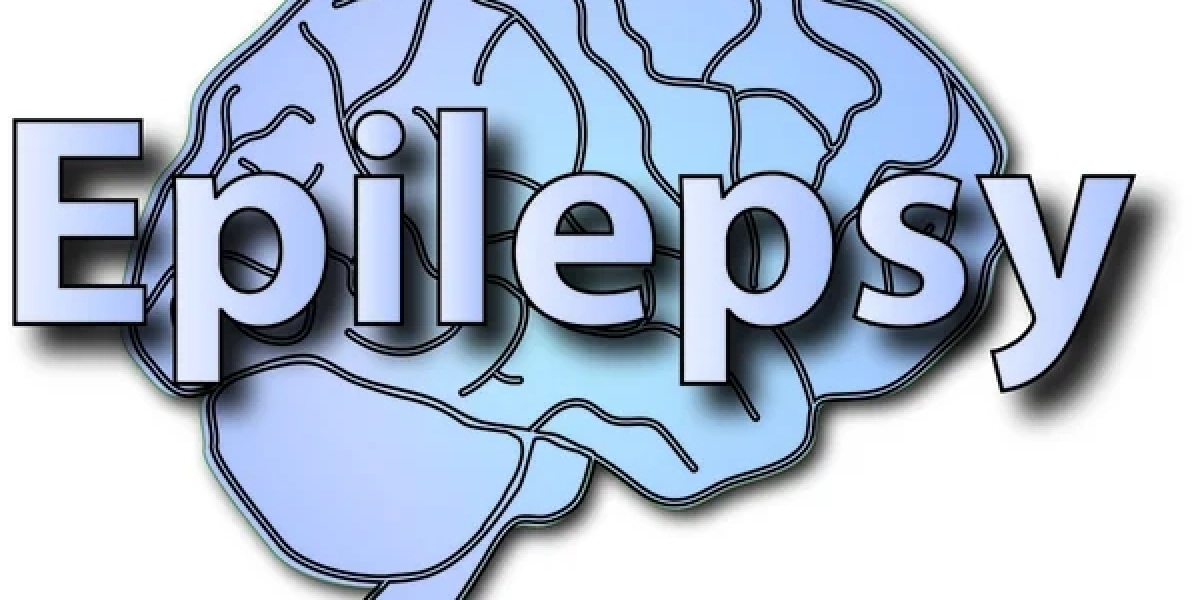First of all:
Millions of individuals worldwide suffer with epilepsy, a neurological condition marked by recurring seizures. Even though epilepsy is characterized by seizures, there is a wide range of seizure types, severities, and underlying causes within the condition. Hereditary factors are one of the many factors that contribute to epilepsy. It is essential to comprehend the genetic foundation of epilepsy in order to diagnose, treat, and possibly even prevent the condition. But deciphering the intricate nature of epilepsy genetics is a difficult task that calls for interdisciplinary cooperation and state-of-the-art research.
The Epilepsy Gene Landscape:
Epilepsy is influenced by genetic factors in both its development and manifestation. Numerous genes have been linked by researchers to a variety of epilepsy types, from uncommon monogenic disorders to more prevalent types with intricate inheritance patterns. These genes encode proteins that are involved in many different biological processes, such as the development of neurons, synaptic transmission, and ion channels.
The SCN1A gene, which encodes a voltage-gated sodium channel subunit, is mutated in Dravet syndrome, one of the most well-known cases of monogenic epilepsy. Seizures that are severe and resistant to treatment start in infancy in people with Dravet syndrome. Likewise, mutations in genes like KCNQ2 and STXBP1 are linked to additional early-onset epileptic encephalopathies, emphasizing the crucial part ion channel dysfunction plays in the pathophysiology of epilepsy.
Genetic factors also increase the risk of more common epilepsy syndromes, such as genetic generalized epilepsy (GGE) and focal epilepsy, in addition to rare monogenic forms. Although the effect sizes of individual variants are typically small, genome-wide association studies (GWAS) have identified common genetic variants associated with an increased risk of these forms of epilepsy. However, these discoveries offer insightful information about the biological processes that underlie epilepsy and could guide the creation of new treatment targets.
Phenotypic Variability and Genetic Heterogeneity:
A significant obstacle in the field of epilepsy genetics research is the wide range of genetic variations and phenotypic variations among afflicted individuals. Even within families with the same underlying genetic mutation, there can be striking differences in seizure types, severity, and treatment response. This phenotypic variability likely arises from a complex interplay between genetic, environmental, and epigenetic factors.
Genetic modifiers, including variants in other genes, can influence the clinical presentation of epilepsy and modulate disease severity. For example, variants in genes involved in synaptic function or neuronal excitability may exacerbate or mitigate the effects of a primary disease-causing mutation. Additionally, environmental factors such as prenatal insults, early-life seizures, and medication exposure can interact with genetic predisposition to shape the course of epilepsy.
Furthermore, epigenetic mechanisms, including DNA methylation, histone modifications, and non-coding RNA regulation, play crucial roles in gene expression and neuronal function. Dysregulation of epigenetic processes has been implicated in various neurological disorders, including epilepsy. Understanding how epigenetic changes contribute to epilepsy pathogenesis may offer new avenues for therapeutic intervention.
Precision Medicine in Epilepsy:
The growing recognition of the genetic basis of epilepsy has profound implications for clinical practice, particularly in the era of precision medicine. Genetic testing, including chromosomal microarray analysis, next-generation sequencing, and targeted gene panels, is increasingly utilized in the diagnostic evaluation of individuals with epilepsy, especially those with early-onset or refractory seizures.
Identifying the underlying genetic cause of epilepsy can inform prognosis, guide treatment decisions, and facilitate genetic counseling for affected individuals and their families. For example, certain genetic epilepsies may have specific treatment implications, such as avoiding seizure-triggering medications or considering alternative therapies, such as ketogenic diet or epilepsy surgery.
Moreover, genetic testing can aid in the identification of potential candidates for targeted therapies and clinical trials. The advent of precision therapies, such as gene therapy and small molecule inhibitors, holds promise for individuals with specific genetic forms of epilepsy. By targeting the underlying molecular mechanisms of disease, these therapies aim to provide more effective and better-tolerated treatments.
Obstacles and Prospective Paths:
Despite significant progress in elucidating the genetic basis of epilepsy, many challenges remain. The genetic architecture of epilepsy is complex, involving a combination of rare, high-penetrance mutations and common, low-penetrance variants, as well as environmental and epigenetic factors. Additionally, the clinical interpretation of genetic findings can be challenging, particularly for variants of uncertain significance or in cases with atypical presentations.
Furthermore, there is a need for larger-scale collaborative efforts to overcome the limitations of studying rare genetic epilepsies. Consortia such as the Epilepsy Genetics Initiative and the International League Against Epilepsy Consortium on Complex Epilepsies are working to collect and analyze genetic and clinical data from thousands of individuals with epilepsy, with the goal of identifying novel genetic risk factors and improving diagnostic and therapeutic strategies.
In conclusion:
Epilepsy is a complex neurological disorder with a significant genetic component. Advances in genomic technologies and analytical approaches have led to a deeper understanding of the genetic basis of epilepsy, paving the way for personalized approaches to diagnosis and treatment. However, unraveling the complexities of epilepsy genetics requires continued interdisciplinary collaboration and innovative research efforts. By elucidating the underlying molecular mechanisms of epilepsy, we can hope to develop more effective therapies and ultimately improve the lives of individuals living with this challenging condition.









